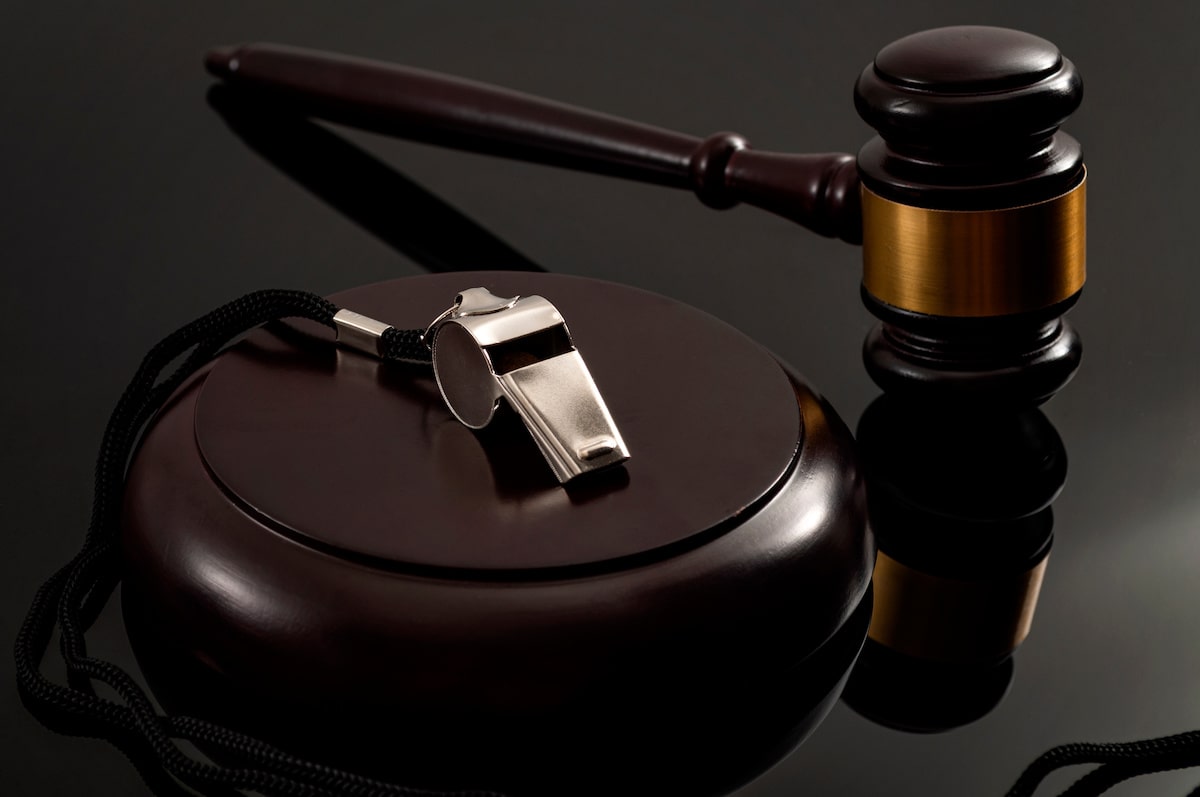A number of the attorneys in the Merlin Law Group are at the Trial Advocacy Program at the University of Florida Law School this week. Merlin’s Woody Isom is on the faculty and previously wrote a post about the Program’s intensive and innovative methods.
While I wrote a couple of posts about settlement and resolution of insurance cases last year, (Effective Endgame Communications and Influence and Persuasion), the truth is that most policyholder attorneys cannot obtain the best results for clients unless they can also provide a credible and significant case to a jury. I go to trial only after resolution efforts fail. However, there is nothing more exciting than trying a case. I feel a part of a valued American system. In America, every citizen has a voice.
Jury trials provide people independent review of personal disputes. Merlin Law Group is obligated to provide the best possible legal service. One of the reasons we wanted Woody Isom, and more recently Craig Kubiak, in our firm is their strong and extensive experience in front of juries.
As I mature and gain experience, I am much more open with jurors–and people in general. Jurors can tell if you are trying to manipulate them and they do not like it. Who does?
I no longer worry about my trial showmanship (what I was taught 25 years ago). People see right through it. I have thrown all those trial books away because I am convinced that the best attorneys are honest and simply trust juries. The hard part of what I do is making certain I provide and present the facts of the case so the jury can reach the right decision and not allow insurance company attorneys to confuse the issues or manipulate the jury.
Trial practice at the highest level is a lot harder than what most think. On the other hand, I am convinced that anybody can be a good trial lawyer if they study, learn, and practice.
Rick Friedman is a Harvard educated attorney, who I admire greatly. His latest work, On Becoming a Trial Attorney, is a must read for any attorney who is dedicated to helping people and policyholders. His prose reflects many of my inherent thoughts, fears, and emotions regarding what I have chosen to do with my life. By following his suggestions and giving up ego and the arrogant method of trial presentation, Rick has made me a better trial attorney and a better person.
A funny thing happened to me last week. Another participant, a young attorney who does defense work, asked to trade places with me—I was assigned to be the defense lawyer in the mock trial. This seemed like a logical move for both of us. His email underscores my advancing maturity:
"Dear Chip,
It is my understanding you are in my "group" for the upcoming Trial Advocacy Program in Gainesville next week. I noticed that I was assigned to represent the Plaintiff B whereas you were assigned Hoppe B. While I am happy to play the role, I am not sure it will be as beneficial for me as handling the defense for this since I don’t do any plaintiffs work and candidly don’t have any interest in the future.
Based on your impressive website resume, it appears you might be more focused on representing plaintiffs so I thought you might want to trade which may maximize the benefit to us both.
By the way, and don’t take this the wrong way, sounds like you should be part of the faculty for this seminar being Board Certified and in practice for over 25 years. I won’t tell you how old I was in 1983. Maybe I am getting in way over my head."
Now, I have the kids of insurance defense attorneys "gunning" for me as well. I need all the practice, training and help I can get.



